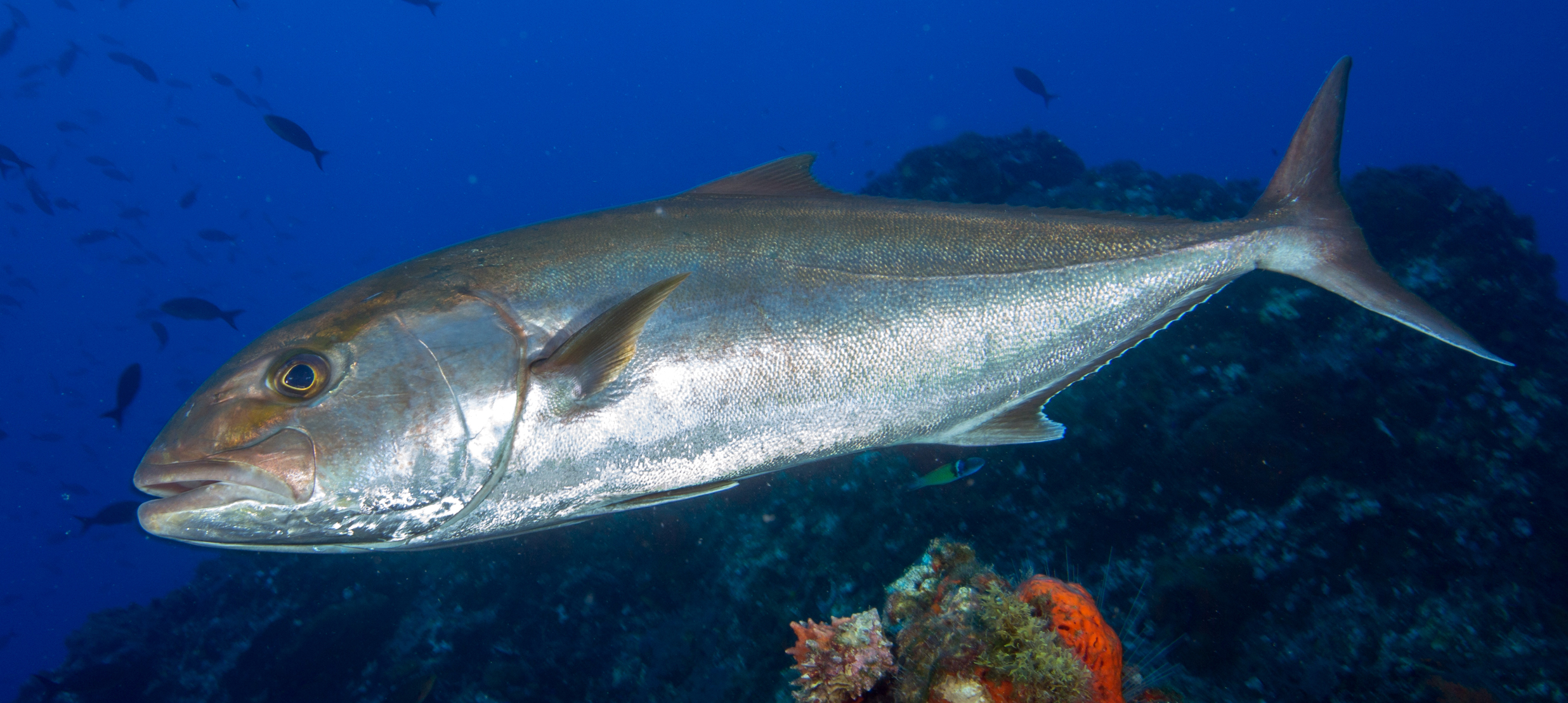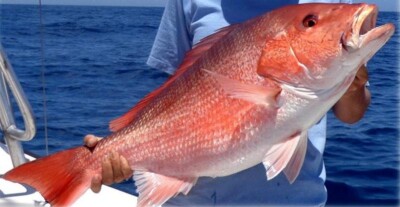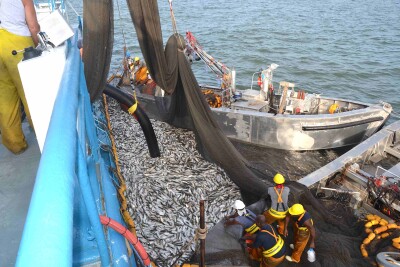A coalition of Gulf of Mexico fishermen got their day in federal court, making the case against reallocating red grouper to the recreational sector.
At an Oct. 18 hearing in Washington, D.C., lawyers for the Gulf Reef Fish Shareholders Alliance and allied fishermen presented their case against Amendment 53 to the Gulf of Mexico Fishery Management Council’s reef fish management plan.
The arguments before U.S. District Court Judge Timothy J. Kelly focused on the amendment’s effect of reducing the annual commercial allocation to 59.3 percent, down from 76 percent, and increasing the recreational allocation from 24 percent to 40.7 percent.
On the other side, lawyers for the Department of Justice and National Oceanic and Atmospheric Administration and Coastal Conservation Association defended the changes by the council and National Marine Fisheries Service.
“As expected, the judge asked some hard questions and really challenged us to defend our position,” wrote Eric Brazer, deputy director of the Gulf Reef Fish Shareholders Alliance, in a summary of the hearing. “The judge appeared very interested in our arguments as to why we think Amendment 53 violates multiple provisions of the law.”
“It’s difficult to speculate which way the judge will rule but he closed out the proceedings by acknowledging that we requested a decision by year-end and said that shouldn’t be a problem for him,” Brazer added.
A week later, fishermen were back before the Gulf council at its meeting in Biloxi, Miss., arguing against reallocation of greater amberjack. Like red grouper, a new methodology for calculating recreational landings set that process in motion, said Ashford Rosenberg, policy director with the shareholders’ alliance.
The council’s reef fish advisory panel, with members from the recreational, commercial and for-hire sectors, had unanimously recommended against reallocating greater amberjack, said Rosenberg. With its stock status overfished, greater amberjack is in need of overall quota reduction around 80 percent, but the council bent to pressure for reallocating, she said.
The advisors’ panel had suggesting keeping allocations unchanged during rebuilding, with hopes of recovery around 2027, she said.
The Reef Fish Shareholders contend reallocation of greater amberjack will increase recreational discards, resulting “in more dead fish, more waste, more uncertainty, and more risk of overfishing the stock.” It will also take 400,000 pounds of amberjack now on the commercial side out of Gulf region restaurants and fish counters, the group says.







